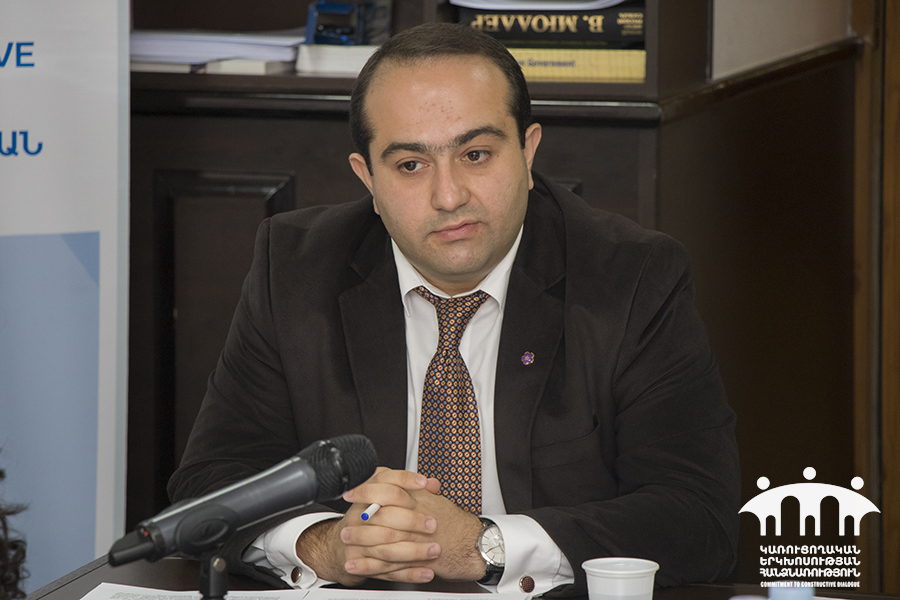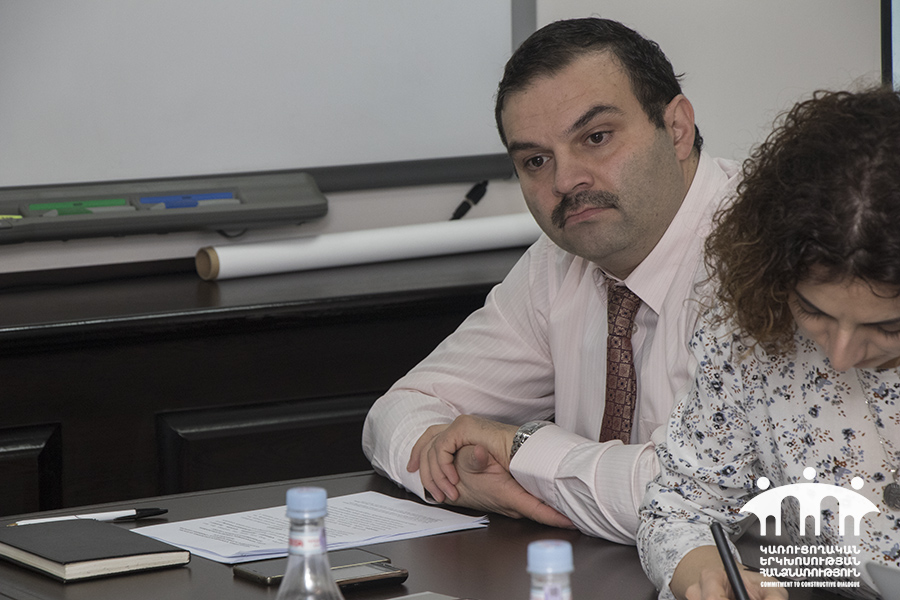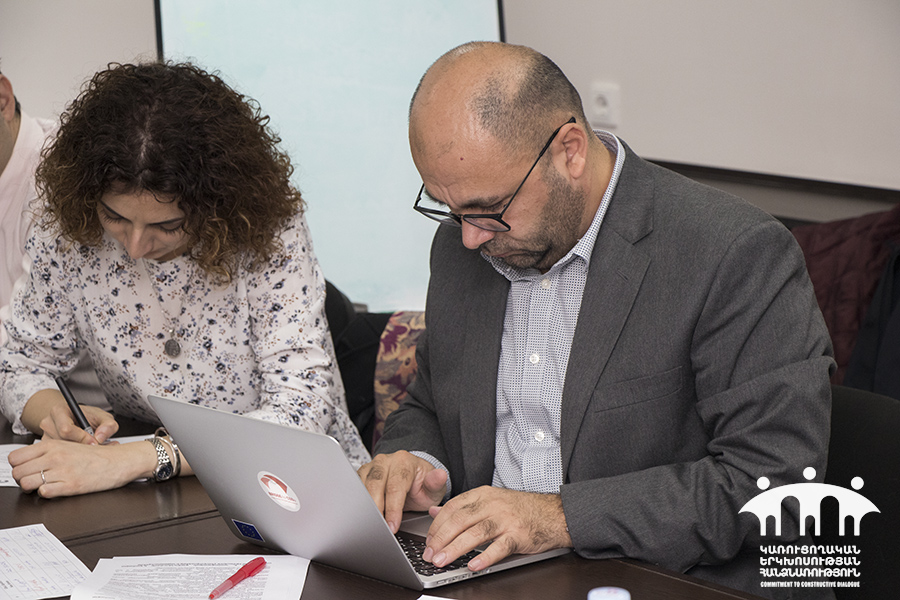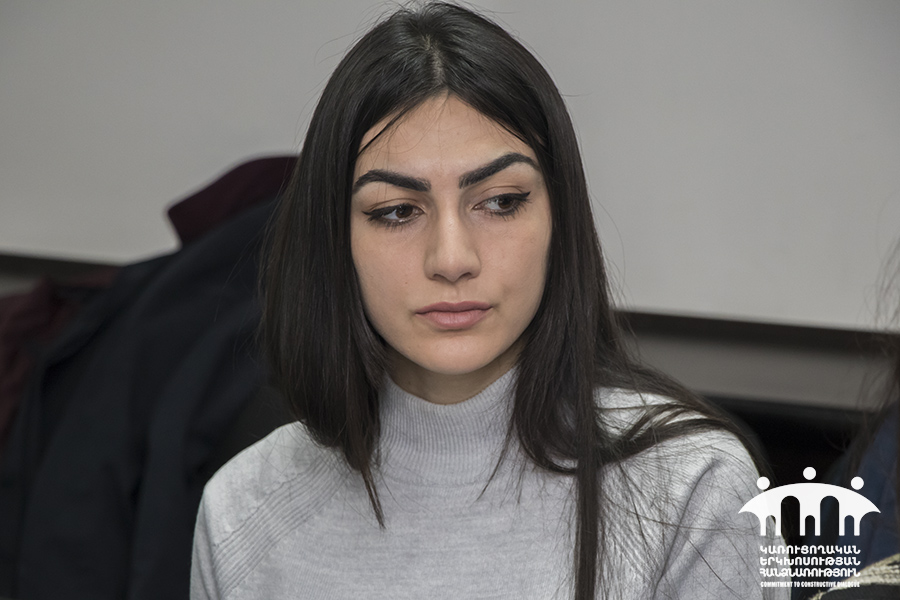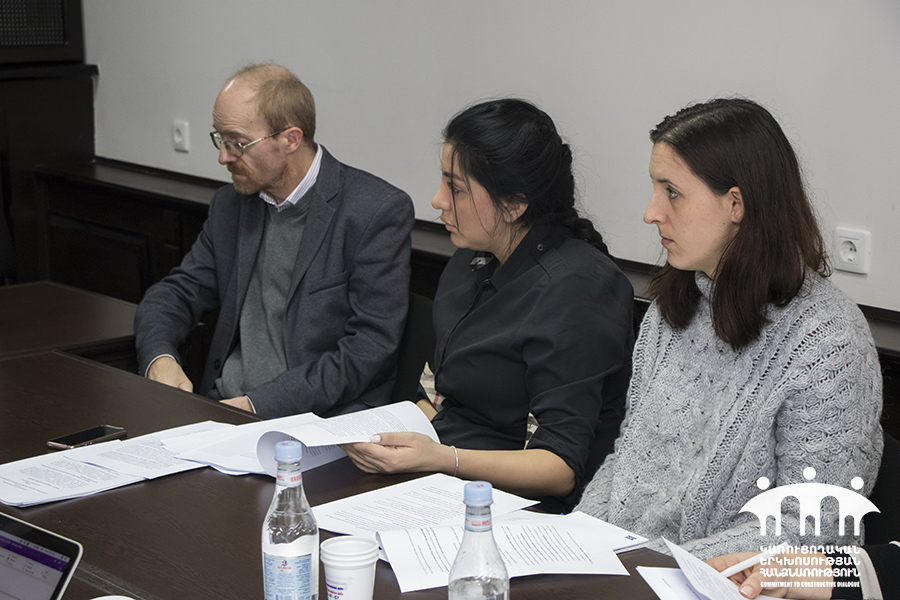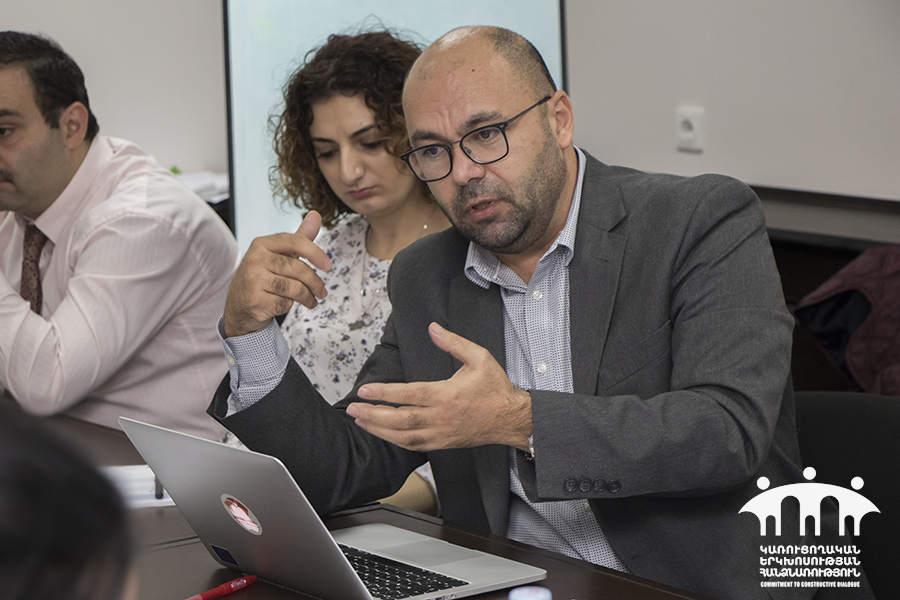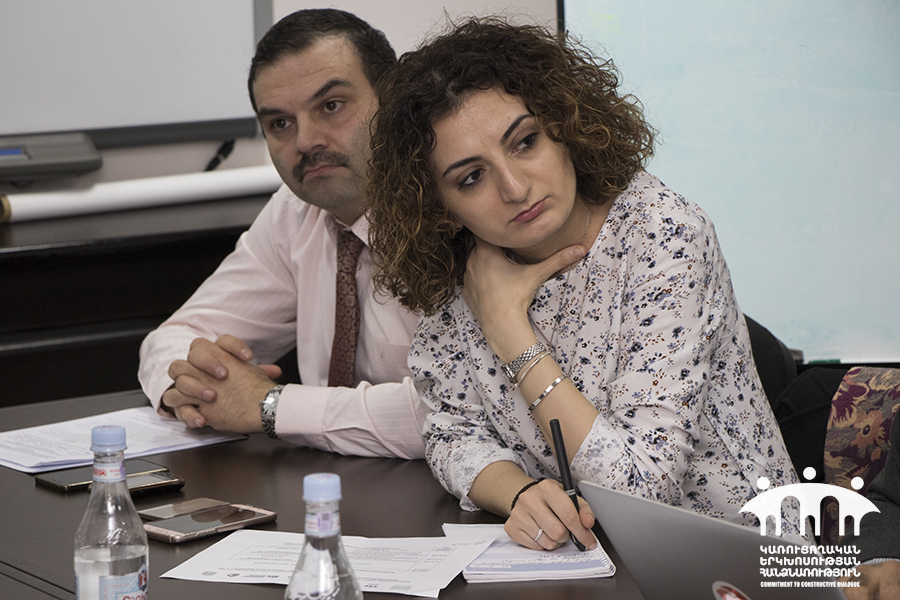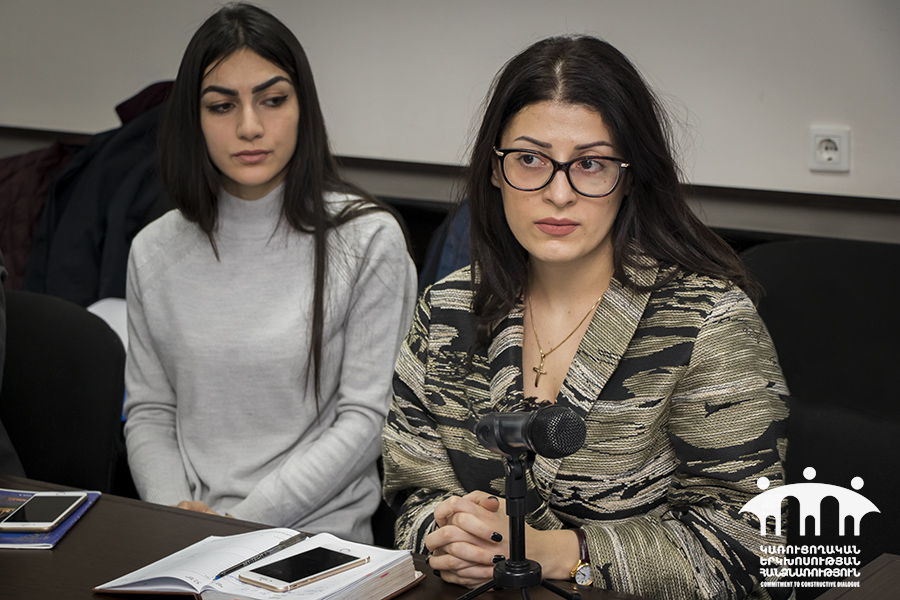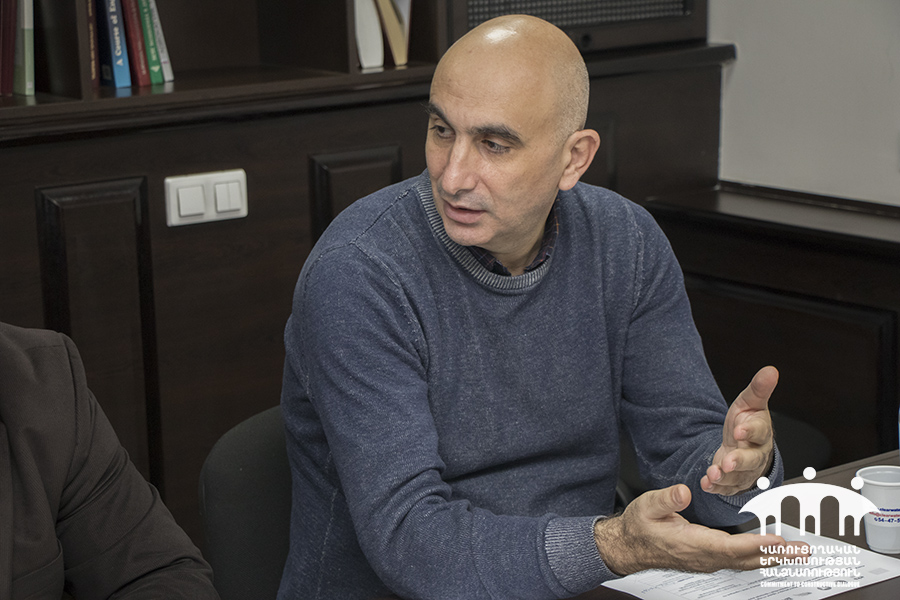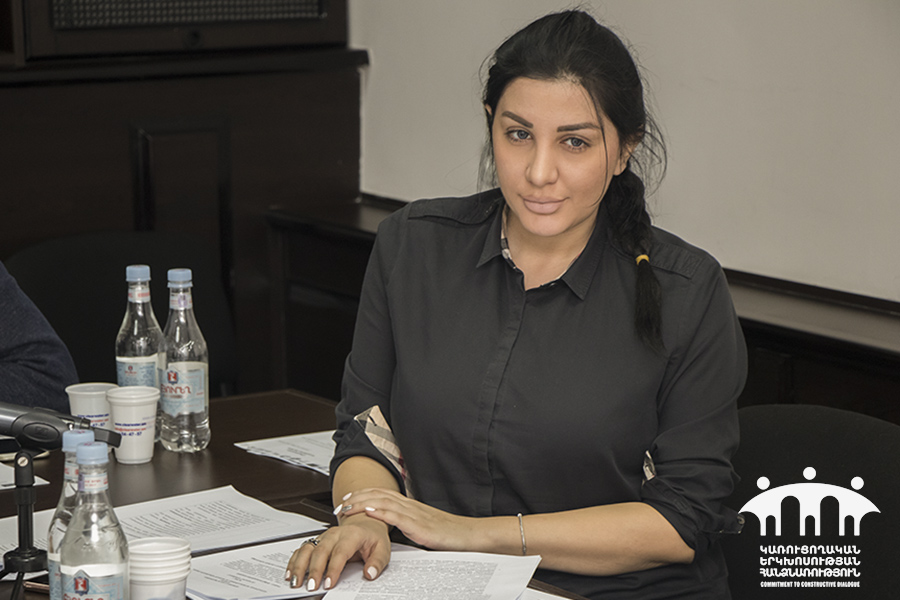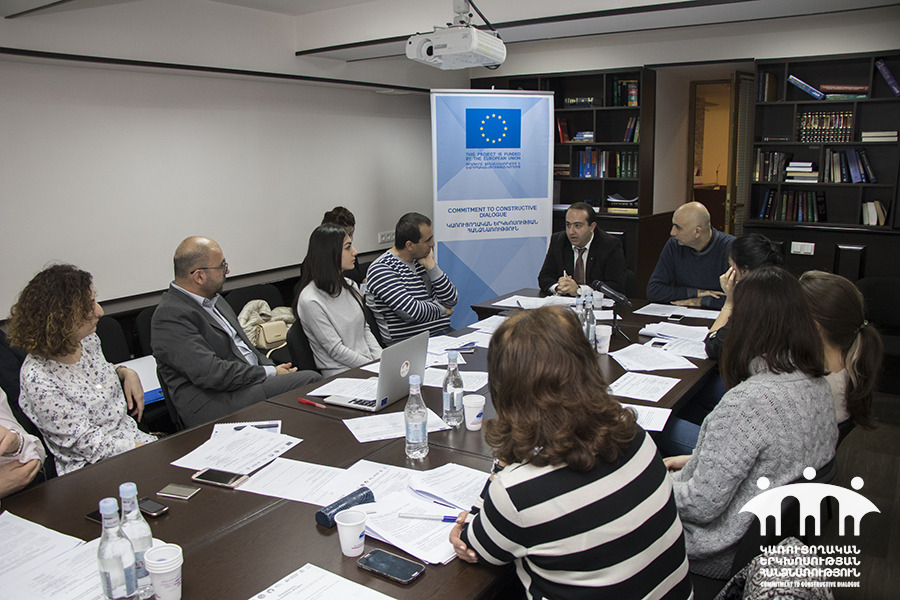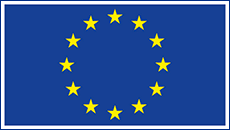“The new draft law aimed at regulating volunteer activities will solve all the problems revealed in this field.” Zhora Sargsyan, head of the Labor and Employment Department at the Ministry of Labor and Social Affairs, said today during a discussion with the interested parties.
The discussion on the legal regulations of the introduction of the Volunteer Institute was organized within the framework of the EU-funded “Commitment to Constructive Dialogue” project.
However, the representatives of non-governmental organizations who attended the event pointed out that the draft is attempting to restrict the activities of non-profit organizations, as well as provides levers to the state to control their activities.
“I came to this conclusion first of all because there is no need justification of the draft. There is no statistics, and facts supporting the need. Second, the draft defines certain areas where volunteering cannot be done. Third, the draft limits the number of volunteers; small organizations are not allowed to have a volunteer or many volunteers,” Mr. Arsen Stepanyan, “Bridge for CSOs” Project Manager (Project implemented by the Armenian General Benevolent Union (AGBU).
Miss Mariam Zadoyan, Lawyer of the Armenian Association of Lawyers, notes that one of the provisions which allow the organization to engage volunteers only with a proportion of up to 5 per cent of its staff is one of the most problematic. “In the case of simple mathematical calculations, we see that the organization must have twenty employees to be able to involve one volunteer. In this case, how can the law encourage the development of the volunteer institute if it actually hinders this?”
Ms Heriknaz Tigranyan, Lawyer of “Transparency International” NGO, who was present at the discussion, pointed out that one of the statutory directions of their organization is the observation mission at the election. “During the constitutional referendum we have had around 4,000 volunteers, but our staff actually consists of 16 people. We cannot meet the requirement of this rule,” she said.
In response to the question how this five percent was determined, Zhora Sargsyan said that was not based on international experience. There were also discussions with the State Revenue Committee, and this version was chosen as own solution.
The participants of the discussion raised other problematic issue as well. The draft imposes obligations on non-profit organizations to conclude contracts with all volunteers, which in many cases can be an additional major burden for the organization. For example, in case of signing a contract with 4,000 observers, the organization should have a whole legal department.
There is a provision imposing obligation to provide information on all volunteers to the Ministry of Labor and Social Affairs since the volunteer roster should be established. “This is a disproportionate burden on non-profit organizations. In addition, there may be cases when a person does not want to appear in the rooster, for example, volunteering against corruption and does not want his/her name to appear on that list,” Mariam Zadoyan said.
At the end of the discussion the participants decided to apply to the Government of Armenia with a unified position on the problematic provisions of the draft and recommendations for their solution. They also expressed hope that the position of the state in this issue would change, otherwise this step would be considered a regress.
The “Commitment to Constructive Dialogue” Project, which is implemented with the financial support of the European Union by the “Armenian Lawyers’ Association” NGO in cooperation with its partners; Agora Central Europe o.p.s (an NGO from the Czech Republic), Armenian Center for Democratic Education-CIVITAS, “International Center for Human Development” Public Organization, SME Cooperation Association and Union of Communities of Armenia.


